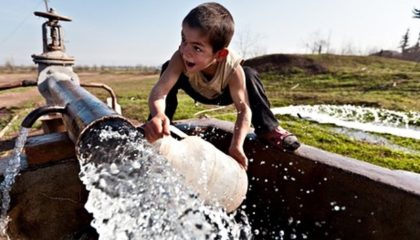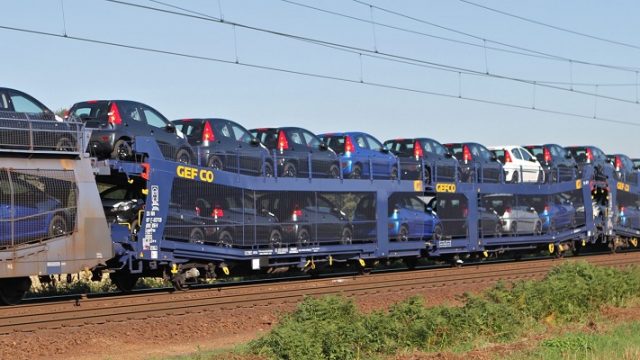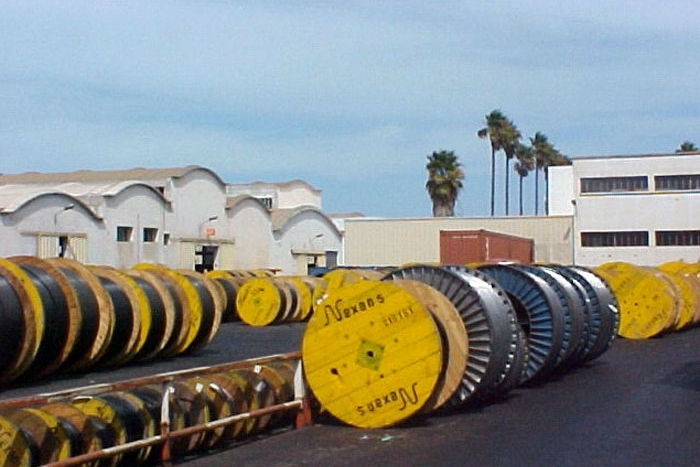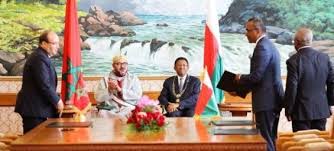 The Moroccan government has decided to set up a ministerial commission tasked with drawing up a new strategy aimed at ensuring the country’s water security.
The Moroccan government has decided to set up a ministerial commission tasked with drawing up a new strategy aimed at ensuring the country’s water security.
The creation of this ad-hoc commission was ordered by King Mohammed VI. Thus, “the issue of water has became a priority and strategic matter for the government”, said Thursday Prime Minister Saadeddine El Othmani.
In recent months, some Moroccan village dwellers had expressed anger against the difficulty of accessing drinking water, the delays experienced by some water supply projects or the poor quality of the water.
According to latest official statistics, Morocco has 140 large dams with a capacity exceeding 17.6 billion m3 and several thousand boreholes and wells to capture groundwater. These dams helped secure the drinking water supply for Moroccan communities and develop a large-scale modern irrigation system which supported the country’s competitive agricultural sector.
Yet, the water sector continues to face difficulties due to depletion of water resources, flash floods, cycles of droughts and over exploitation of groundwater resources.
To address these challenges and ensure the country’s water security, the Moroccan government worked in 2015 a National Water Plan (PNE) which seeks to provide universal access to drinking water, improve the output of drinking water supply networks and water use efficiency.
It also seeks to enhance water storage, boost desalination projects, encourage the reuse of treated wastewater, and the possibility of transferring water from areas having excess to those suffering shortage.
The plan stresses the need to protect the water resources, wetlands and oases, insisting on better sustainable groundwater management & watershed development.



